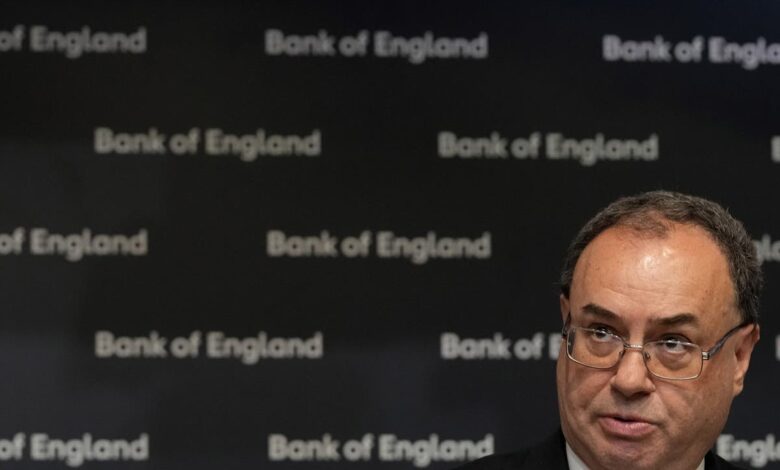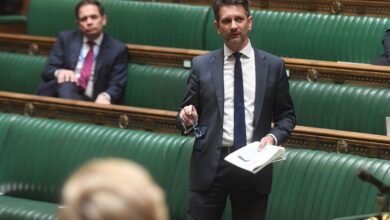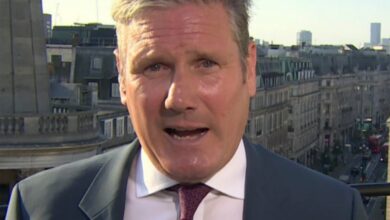UK faces bigger and faster recession than other European countries, Bank of England warns

The UK is heading towards a plunging downturn far steep than other major economies, the Bank of England governor has warned.
Speaking at a conference in Sintra, Portugal, Andrew Bailey said Britain’s economy had arrived at a “turning point” in the wake of the Covid-19 pandemic, the soaring cost of living, the war in Ukraine and sprialling inflation.
He told the meeting of central bankers on Wednesday: “The UK economy is probably weakening rather earlier and somewhat more than others. I think that’s been somewhat evident now for a few months.”
Mr Bailey continued: “We are being hit by a very large national real income shock, which is coming from outside.
“The scale of the shock is very substantial and in and of itself it will have an effect, a big effect, because it will reduce domestic demand and it will pass through into the labour market and it will pass through into inflation.”
Addressing the European Central Bank’s conference in Sintra, Portugal he added: “When I look at the UK economy at the moment, it’s very clear that the economy is now starting to slow. We are at something of a turning point in that respect.”
It comes after modelling from the Office for National Statistics (ONS) revealed that rate of inflation in the UK had reached its highest point since at least February 1982, when it reached 10.2 per cent.
Road fuel and food costs were two of the biggest drivers behind the figures, which showed prices climbing across the UK economy. Food prices jumped 8.6 per cent, a 13-year high, up from 6.7 per cent in April, in part due to the impact of Russia’s invasion of Ukraine on global food markets.
Mr Bailey’s remarks follow suggestions made by Swati Dhingra, associate professor of economics at the London School of Economics, that recent data showed that the UK’s slowdown is “much more imminent than we thought before”.
In evidence submitted to the Treasury Committee, Ms Dhingra said: “The UK has done worse than other G7 nations in terms of consumer confidence and inflation.
“Many of the sources of these problems are expected to continue or even accelerate in the short term, such as global factors (including Covid lockdowns, geopolitical uncertainty) and their knock-on effects on to domestic prices.”
Ms Dhingra also told the committee that the central bank should take a “very gradual” approach to increasing interest rates.





